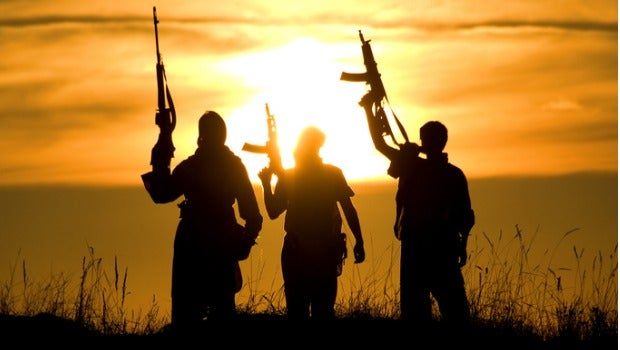Every year, the convening of world leaders at the United Nations General Assembly does more than spark traffic jams in New York City—it renews debate on the most pressing global challenges, ranging from energy and climate change to disease prevention and conflict deterrence. As expected, the ongoing civil war in Syria and the Iranian nuclear program took center stage in Turtle Bay last week. The annual gathering is a platform for world leaders to share their views, and this year the UN played host to everyone from President Obama, Iranian President Mahmoud Ahmadinejad, and Israeli Prime Minister Benjamin Netanyahu, among others. Each came to New York with a different message, representing different nations with different interests. With each passing session, set against a backdrop of deadly conflict, nuclear threats, and unresolved bilateral and multilateral issues, it is easy to wonder whether the gathering bears any relevance in actually tackling these persistent challenges and ensuring collective security.
This question also loomed over the Aspen Ministers Forum, as we convened a group of former foreign ministers for a series of meetings in 2011 and 2012 to think through the role of international organizations, particularly the United Nations, in today’s world. We came away with a clear consensus: though flawed, the UN remains an indispensable institution. It represents the one venue through which the entire world can collectively attempt to negotiate and find solutions to problems on a global scale. This goal and ideal still merits support, but there are undoubtedly many areas where the UN falls short. Four big ideas of how to redress these shortcomings were on the table during the Ministers roundtable discussions.
First, inherent in the makeup of the UN is the likelihood that not every country will agree on the same solution to every problem. One of the great challenges in the UN system is the Security Council. Reforming the Security Council to allow for more voices that better represent today’s world (for instance, not one country in Africa is a permanent member of the Security Council) is a goal shared by many, but this laudable idea must be balanced with the need for efficient decision-making so as to avoid paralysis and indecision that occurs when 193 countries cannot agree on a common position. Our discussions wrestled with how to refresh the UN for the 21st century while also allowing it to be dynamic enough to confront issues in the future. On the part of the 193 member states, could we get to a place where a good international solution could and should be seen as a national interest by all?
Tied in to this theme, the group agreed there must be a better effort made to bring in the private sector and civil society to help inform and innovate in UN discussions. Currently, the UN belongs to states, as states are the principal actors in the international order. But in today’s world, and faced with the diversity and enormity of today’s challenges, it’s quite clear that states cannot go it alone. The UN must foster and strengthen public-private partnerships. By building these partnerships, the UN can enlist the help of outside advocates to help accomplish its mission, while diversifying voices, adding resources, and finding creative solutions to new and old challenges.
Third, the Ministers analyzed the generation gap in how the UN is perceived by the public. Especially in Europe and North America, it’s unclear whether the current generation understands the value of the UN. Our discussions searched for ways to explain the UN to those who did not experience the historical events that led to its birth. The UN must enlarge its outreach with new audiences and stakeholders around the world as a way to build support for their work and mission—after all, this generation will be the ones to assume responsibility for the future.
Finally, the United Nations should seek to increase its interaction with—and use of—regional organizations. Chapter 8 of the UN Charter specifically accepts the presence of regional agencies to deal with matters of international peace and security, provided they are consistent with the principles of the UN. The Chapter even allows the Security Council to use regional agencies for action. UN relationships with organizations like the Arab League, the African Union, and a myriad of others could strengthen each, inform decision-making, spur action, and increase the range of diplomatic tools at their disposal.
Sixty-seven years after its founding, the United Nations remains as relevant and important as ever, but needs to continue to be flexible and adapt to a new globe with new challenges. There is no substitute for the legitimacy of the United Nations, but reforms are needed to ensure that the world still has a stage at Turtle Bay.

